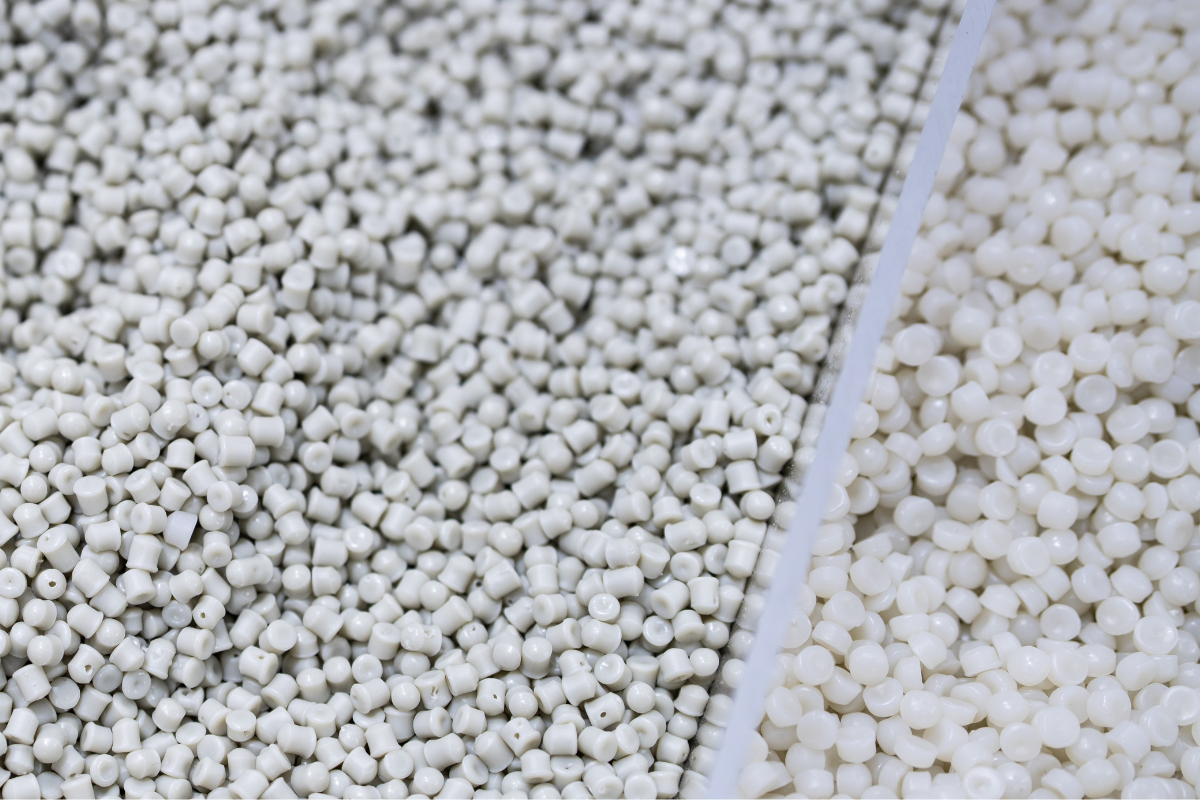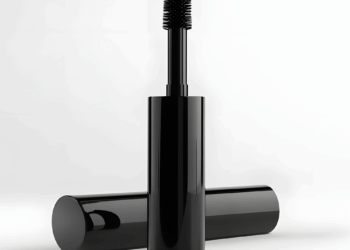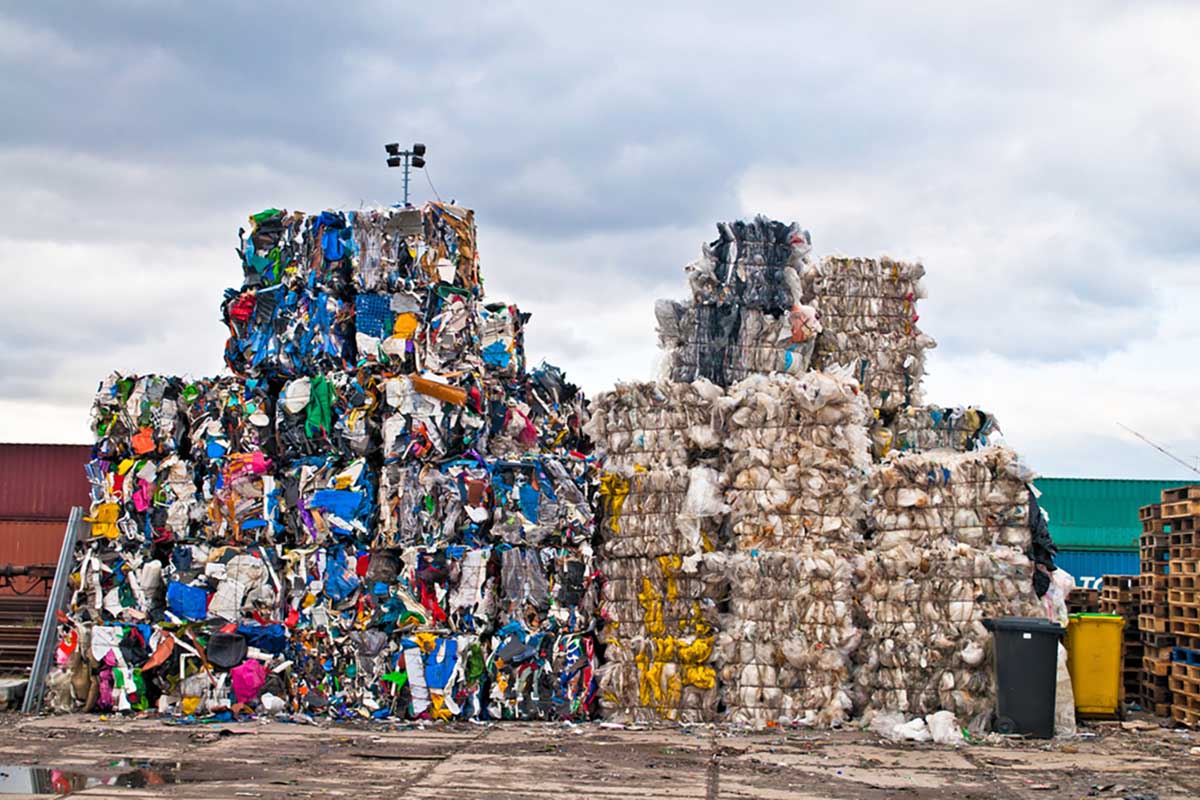A combination of decreasing post-consumer resin demand, high energy costs and stiff competition from both virgin and imported recycled resin struck a blow to Europe’s reclaimers in 2023, according to an annual industry association report.
Plastics Recyclers Europe recently published its annual industry data charting installed plastics recycling capacity throughout Europe. The publication also analyzes the health of the industry, and in 2023, it showed some alarming vital signs.
Plastics recycling capacity did increase in 2023, growing 6% to hit 13.2 million metric tons of overall resin processing ability. But that was a concerning slowdown in growth: In 2022, the capacity grew 10%, and the year before, it had increased 17%. New investments in recycling projects were cut in half, falling from 1 billion Euros in 2022 to 500 million Euros in 2023.
“The remarkable efforts performed by the plastics recycling industry during the last few years have been put at risk due to the downgrading market conditions and the decreasing demand levels that the sector is facing,” the industry group wrote.
The analysis found 850 plastics recycling facilities operating around Europe in 2023. By plastic category, the capacity breakdown was 26% polyolefin films; 24% PET; 13% PP; 13% HDPE; 9% PVC; 7% mixed plastics; 6% e-plastics; and 2% PS.
Some plastics sectors outperformed the overall growth rate. E-plastics processing capacity, for example, grew 15% in 2023, driven in part by the possibility of recycled content targets being established for industries that use these resins in the coming years, the report stated.
But overall, the report painted a pessimistic view of the industry, warning of a further slowdown “if current conditions continue.”
“The flooding of imported material with claims of recycled content is putting at risk the
survival of the European recycling facilities that cannot compete with lower prices and are obliged to function at reduced operational rates,” the report stated. Additionally, the industry group pointed out quality concerns with imported material, explaining imported pellets “are often unverified and not on a par with the requirements with which EU-recycled plastics comply.”
It’s a refrain that’s all too familiar across the pond in North America, where reclaimers say imports of both recycled resin and virgin plastic are making it hard to compete.
As one tool to combat the market challenges, Plastics Recyclers Europe is calling on EU regulators to increase scrutiny on the imported virgin and recycled resin.
“While global trade is essential to ensure a thriving European economy, EU environmental, health and safety regulations must be enforced on all products and materials placed on the market,” the group wrote in a Dec. 17 public statement. “This measure is necessary to support the competitiveness of the European plastic value chain and establish a level playing field among EU and non-EU actors. Together with this, addressing high energy costs and ensuring the enforcement of EU regulations on all products and materials placed on the EU market is essential, including imports.”





























